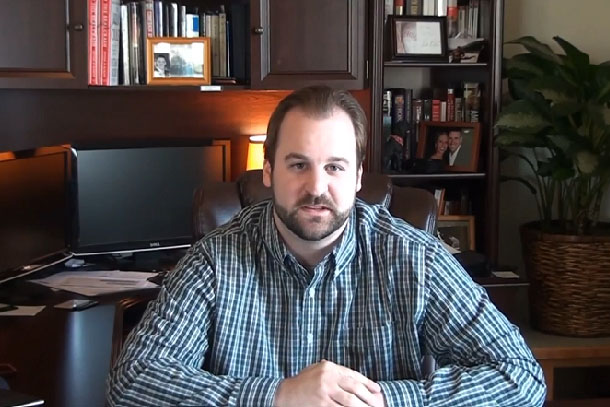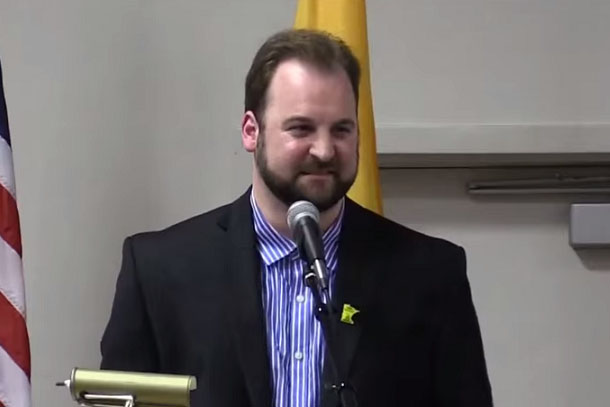About Me
Dave specializes on topics related to the United States Constitution, founding principles, and American history...

Dave specializes on topics related to the United States Constitution, founding principles, and American history...

Enter my online shop to purchase all of my published works, including Thomas Paine: A Lifetime of Radicalism...

Dave contributes to the Tenth Amendment Center, Mises Institute, and makes many podcast appearances...
The modern presidency has assumed a higher level of authority than was imagined during the construction of the Constitution and ratification debates. As a result, the modern executive has more power than an 18th century king.
The aims of the nationalists largely lost out, and the extent to which the Constitution gave the federal government a huge amount of national power has been exaggerated by many historians. In actuality, the compromises made caused the most ardent nationalists to complain about the finalized result in the months after it was written.
In these two recent instances, states have proven that the federal government simply cannot enforce all it wants to in the face of blatant opposition. The states that stood up first on these matters began the charge toward liberty.
Juries are a check on the arbitrary power of the courts because they are composed of citizens not belonging to the government. While a state can wield immense power, an educated jury can dismantle it.
Most modern historians have rated Pierce very poorly, pontificating that the President was a “do-nothing” that sat by and watched a divisive population grow even more divided. To the contrary, Pierce respected the Constitution as ratified and not as it was muddled by federal judges and legal precedents.
According to Franklin, the great experiment of republican government depended on maintaining the axioms decided upon in those summer days. Without such activism, the Constitution would read only as a dead letter.